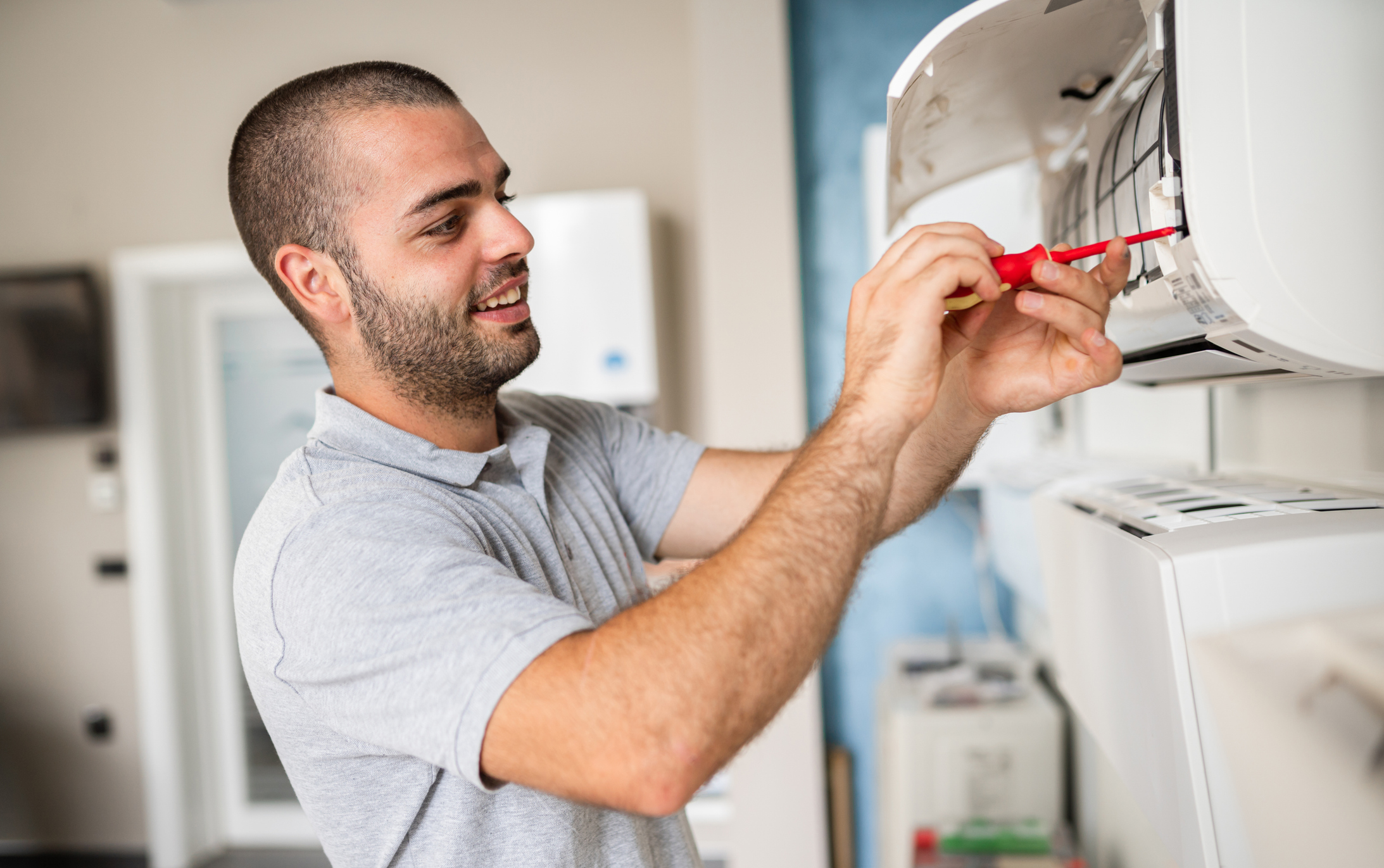As the summer heat waves roll in, ensuring a comfortably cool home becomes a top priority. Your air conditioning system plays a crucial role in this, but over time, even the most reliable units can lose efficiency or break down. When it’s time for a replacement, navigating the options can feel daunting. However, with the right knowledge and guidance, you can transform your living space into a refreshingly cool and energy-efficient haven. Let’s explore the intricacies of AC replacement, from modern technologies to crucial considerations and tips for optimizing your investment.
1. Assessing the Need for Replacement: Signs and Symptoms
Before diving into the replacement process, it is essential to understand when your current AC system needs an upgrade. Look out for signs such as frequent breakdowns, rising energy bills despite regular maintenance, uneven cooling throughout your home, or an aging unit (typically over 10-15 years old). These indicators suggest that your AC’s efficiency and performance may be compromised, making replacement a prudent choice.
2. Choosing the Right System: Efficiency and Environmental Impact
Once you’ve decided on a replacement, selecting the right air conditioning system is crucial. Modern units come with significant advancements in energy efficiency, such as variable-speed compressors, smart thermostats, and zoning capabilities. Opting for a system with a high Seasonal Energy Efficiency Ratio (SEER) can lead to substantial long-term savings on energy bills while reducing your carbon footprint. Additionally, consider eco-friendly refrigerants like R-410A or R-32, which have lower global warming potential compared to older refrigerants like R-22.
3. Size Matters: Proper Sizing for Optimal Performance
Ensuring your new AC system is correctly sized for your home is paramount. An oversized unit may cool your space quickly but can lead to frequent cycling, humidity issues, and more wear and tear. An undersized unit will struggle to maintain comfortable temperatures. Consulting with HVAC professionals to conduct a load calculation based on your home’s size, insulation, orientation, and other factors helps determine the ideal capacity for optimal performance and efficiency.
4. Installation Expertise: Professional vs. DIY
While DIY projects have their appeal, AC upgrade is best left to certified HVAC professionals. Proper installation is critical for the system’s efficiency, longevity, and warranty coverage. Professionals ensure accurate sizing, correct ductwork, adequate airflow, and optimal placement of components for seamless operation. Moreover, reputable installers offer post-installation support, maintenance plans, and warranties, providing peace of mind and safeguarding your investment.
5. Financial Considerations: Cost vs. Long-Term Savings
The upfront cost of a new AC system can vary based on factors like system type, size, brand, and installation complexity. While it’s tempting to opt for the cheapest option, considering long-term savings is wise. High-efficiency units may have a higher initial cost but offer significant energy savings over their lifespan, offsetting the upfront investment. Explore financing options, rebates, and incentives offered by manufacturers or government programs to make energy-efficient upgrades more affordable.
6. Maximizing Efficiency: Maintenance and Upkeep
Once your new AC system is in place, regular maintenance is key to maximizing its efficiency and longevity. Schedule professional tune-ups at least once a year to check for leaks, clean coils and filters, calibrate thermostats, and ensure optimal performance. Additionally, simple tasks like changing air filters regularly, keeping outdoor units free from debris, and maintaining proper insulation and sealing in your home contribute to efficient cooling and lower energy consumption.
7. Smart Controls and Automation: Enhancing Comfort and Savings
Integrating smart controls and automation further enhances your AC system’s efficiency and your comfort. Smart thermostats allow precise temperature control, adaptive learning based on usage patterns, and remote access via mobile devices, optimizing energy usage. Pairing your AC with zoning systems divides your home into zones with independent temperature control, reducing energy waste in unoccupied areas. These technologies not only save energy but also enhance convenience and comfort.
8. Environmental Responsibility: Sustainable Practices
Beyond choosing an energy-efficient AC system, adopting sustainable practices enhances environmental responsibility. Set temperature guidelines for optimal comfort without excessive cooling, utilize natural ventilation during mild weather and consider investing in renewable energy sources like solar panels to power your home’s cooling needs. Regularly assess and improve your home’s insulation, windows, and sealing to minimize heat gain and maximize AC efficiency.
9. Leveraging Technology: Future Trends in AC
Looking ahead, technological advancements continue to revolutionize AC systems. From advanced sensors for predictive maintenance to hybrid systems combining AC and heat pumps for year-round comfort, the future holds exciting possibilities. Stay informed about emerging technologies and consider upgrades or retrofits that align with your energy goals, comfort preferences, and environmental values.
Navigating AC replacement for a cooler, more efficient home involves a holistic approach encompassing technological advancements, proper sizing, professional installation, financial considerations, maintenance strategies, and sustainable practices. By understanding these elements and making informed choices, you can transform your living space into a refreshingly cool oasis while reducing energy consumption and environmental impact. Embrace the journey toward a cooler, greener future with a well-planned air conditioner upgrade tailored to your needs and preferences.
Upgrade to a cooler, greener future by partnering with our team at Hawk’s Services! Explore our guide for expert AC replacement tips. Maximize comfort, efficiency, and savings. Contact us at 507-226-9950 for personalized solutions today!





